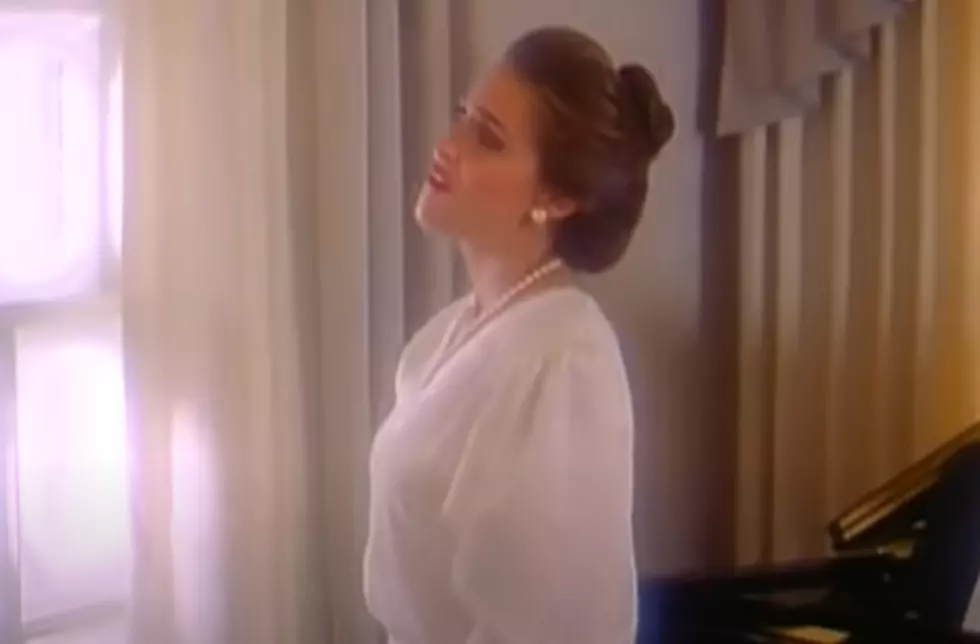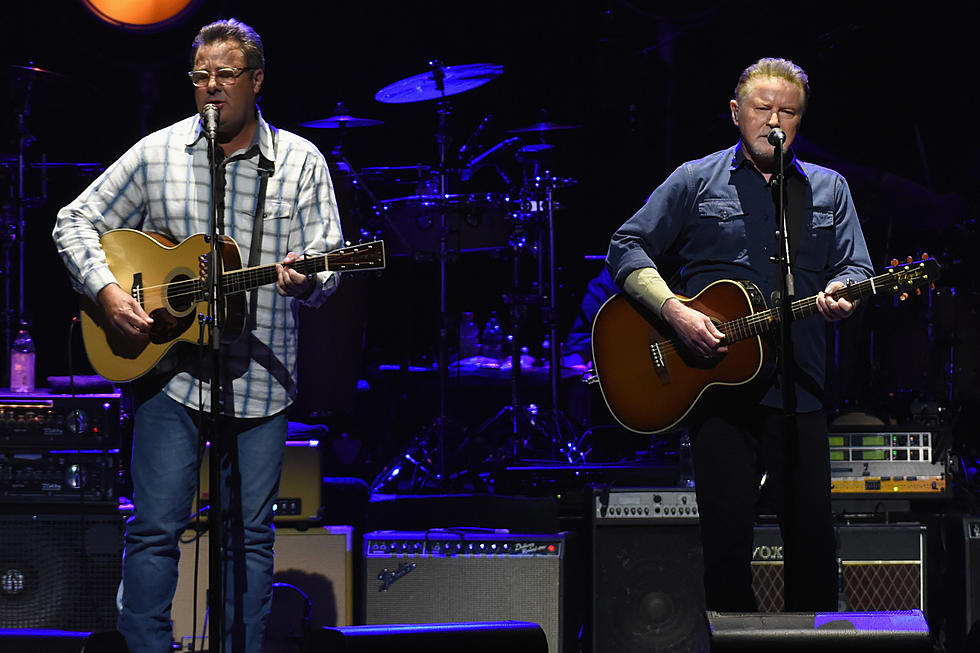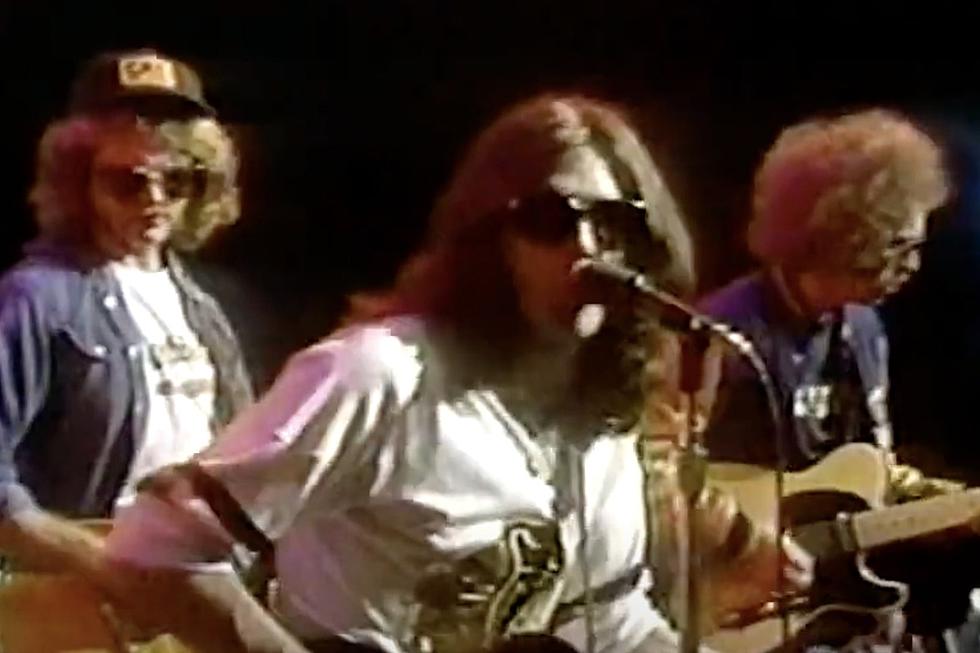![The Phenomenon of “Please Come Home for Christmas” [VIDEO]](http://townsquare.media/site/159/files/2012/11/PCHFC-FEAT.jpg?w=980&q=75)
The Phenomenon of “Please Come Home for Christmas” [VIDEO]
"Bong, Bong, Bong...Bells will be ringing...
Thus begins the classic Christmas tune that folks on the I-10 corridor from Houston to New Orleans must hear before it's really Christmas. Ask any one along that 350 mile stretch of pavement and they will tell you that it wasn't just a hit, it was a monster hit. Ask anyone outside that area and they will probably give you a blank stare.
The hard cold fact is that "Please Come Home for Christmas" by Charles Brown was not even almost a hit. When the song was released in 1960, it never got higher on the charts than #76. Hardly a hit in anyone's book. But, there's a lot more to the story than that.
There is another myth about "Please Come Home for Christmas." Charles Brown is not from Louisiana. Brown was born in Texas City, Texas in 1922. He studied classical piano at an early age, but he found his musical "voice" in the blues. Not the "Mississippi Delta" blues, but "Texas Blues."
Texas Blues is a lighter, more relaxed style of singing and playing. A style that perfectly suited Brown's soulful voice and piano style. Nat King Cole, who sold millions of records during his career, was from the same school of blues and, while Cole recorded more "standards" the similarity is there.
His first recording to get attention was "Driftin' Blues" which was released in 1945. Among blues fans, Brown is much better known for songs like "Get Yourself Another Fool", "Black Night" and "Hard Times." In fact, "Please Come Home for Christmas" was barely a footnote in his career. Ah, but not so along the I-10 corridor.
In 1960, King Records released "Please Come Home for Christmas" and the song, for some reason, went nowhere nationally, but along our part of I-10, it became an instant classic. Since 1960, radio stations all along the route from Houston to New Orleans have played the record every single Christmas.
Why the song was only popular in that small, select area is a mystery. There seems to be no explanation for the phenomenon. It's not like Brown wasn't known to the rest of the nation. Granted, all his hits had been on the handful of Rhythm and Blues stations around the country. But, as I mentioned before, even folks who bought all those other records pretty much ignored "Please Come Home for Christmas."
Then, one day, a group from Southern California decided to record a version of the song and made it a real, nationwide hit. The Eagles, who did have a Texas connection took the song to #18 on the national charts in 1978. To this day, many people are not aware that the Eagles recording is not the original version.
The song has been "covered" by many acts since 1978 and every version charted higher than the original.
1978-The Eagles #18
1994-Bon Jovi-Made the song a true international hit by placing the song on the charts in England and Ireland
1997- Gary Allen-Country Music Charts #70
2004- Willie Nelson # 50
2011- Martina McBride- #51
Thanks to artist like Bonnie Raitt, Brown enjoyed a lot of respect from the music community. He was voted in the Rock and Roll Hall of Fame and received both the National Endowment for the Arts' National Heritage Fellowship and the W. C. Handy Award.
But, the fact that "Please Come Home for Christmas" was not really a hit is not important. What is important is that it has become a classic without being a hit. There are very few songs that belong to that category. The fact that the rest of the nation didn't pick up on the song is beside the point.
The song took almost 10 years to become a million seller. Who cares? The song, despite the sad lyrics, makes people smile. It makes people happy. For many people in our "neck of the woods" it means, "Christmas time is here". Not bad for a song that wasn't a hit.
Charles Brown passed away in 1999 at the age of 76. "Please Come Home for Christmas" will live forever. Not a bad legacy.
Turn it up and smile!
More From 92.9 The Lake









